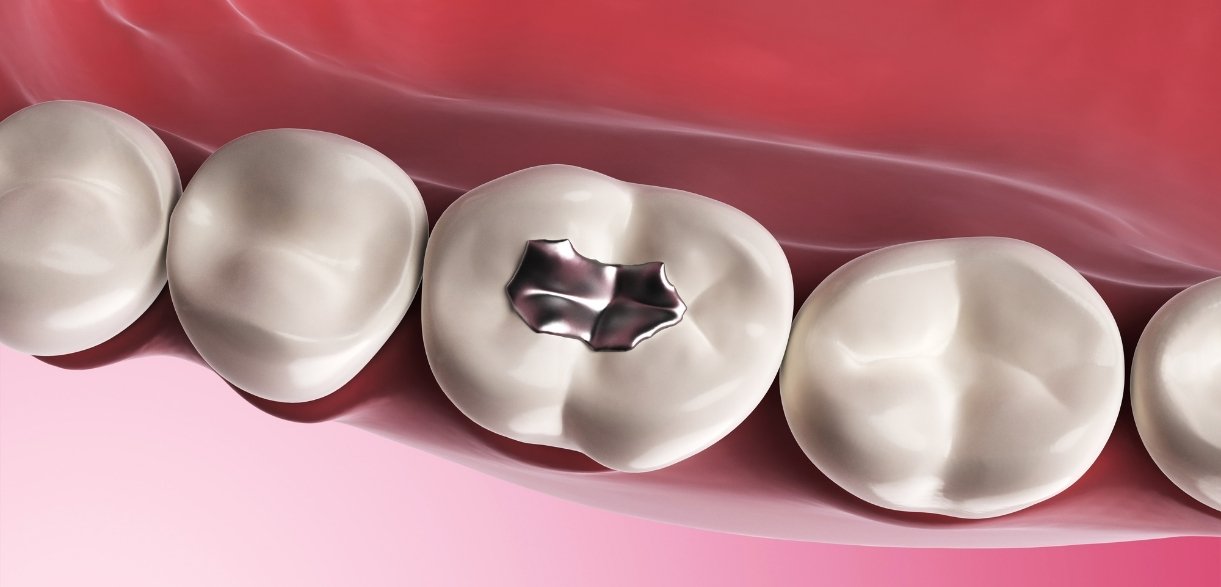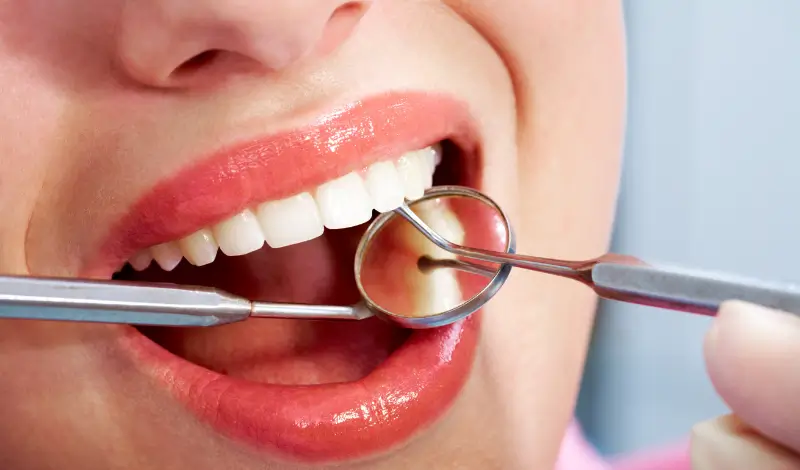Pay Online
The Importance of Fillings in Preventing Further Dental Issues

When you hear “filling,” you immediately think of the typical dental procedure of filling a tooth cavity. However, do you know that these fillings play a much bigger role in your oral care down the road? More than just patching the decay, fillings ensure that your pearly whites don’t undergo severe damage and suffer from complications later in advanced treatments. Let’s understand the importance of dental fillings.
What Are Dental Fillings Useful For?
Dental fillings Greeley are materials, such as amalgam or composite, used to fill cavities in teeth. Your dentist removes the affected cavity and fills the space to seal it off.
These fillings are not just for appearance, but also stop decay and strengthen the tooth, creating and preserving normal bite function. With the sealing surface, the bacteria and food are completely sealed away from further contamination.
Fillings Stop Decay Where It Lies
Tooth decay doesn’t stop on its own. A small cavity can grow and then spread if left unaddressed. It then penetrates deeper into the innermost part of the tooth, dentin, and eventually reaches the pulp, where nerves and blood vessels reside. More pain results from these.
A timely filling halts this spreading of decay. It removes the rotten part and gives your tooth a second chance to be healthy.
Avoid Serious Dental Surgery Later With Fillings
Delay often makes little problems bigger ones. A simple filling in the present can prevent the need for root canal treatments, crowns, and possibly even tooth extractions in the future. Once the decay penetrates the tooth root, you start preparing for drastic procedures – more discomfort, chair time, and costs.
In fact, most of the time, delays in filling result in the need for extensive procedures that could have been avoided altogether.
Protection to Adjacent Teeth and Overall Oral Health
Remember, a decaying tooth doesn’t exist in isolation. When you do not treat the cavities on time, adjacent teeth are also affected. When a tooth becomes weak from its core, your bite alignment and even jaw function are also impacted.
It could worsen, as deep decay can irritate your gums or lead to widespread infections. Fillings are preventive, not just for a particular tooth, but for the entire oral health.
Fillings as a Long-Term Preventive Investment
Consider a dental filling simply as a minor investment for future benefits: when performed early and well-maintained, they can add decades to the life of a tooth. It helps save your real teeth, making them always best for chewing, speech, and self-assured, confident smiling.
Timely fillings counteract improper tooth alignment and prevent jaw damage; these two factors play a crucial role in maintaining long-term oral stability.
Dental fillings may not seem vital today, yet they are of considerable importance. They serve as a barrier against more severe decay, more intensive measures, and even tooth loss.
If the dentist suggests having a filling done, it is probably not just for repair, but also for the preservation of what is still intact. Don’t delay. Timely fixing of cavities with a filling treatment can be time-saving, cost-saving, and pain-saving in the future.



